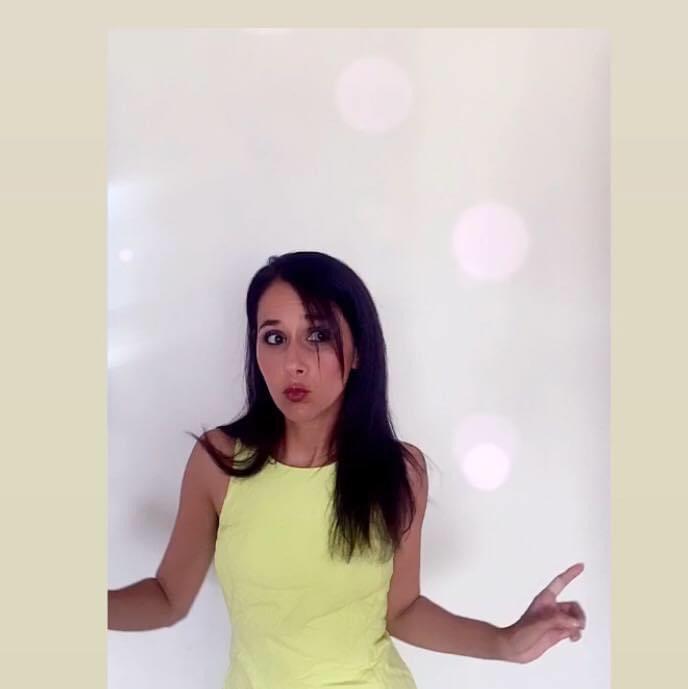FWM: What is it about animation that resonates with your soul?
As a kid, I watched a lot of animation, it was the best way to dream, live adventures through characters I could relate on. Now working in this industry I feel more the need to entertain the kids through inspirational characters and stories. We need to bring the best values to the kids through our animation series and movies. Animation can bring some educational values that will help them grow such as friendship, tolerance, being nice to one another.
FWM: How does animation unite the world?
Animation is really important as it is not only about entertaining it is about sending messages to the kids and their parents. Having animation with diverse stories, diverse characters would allow for young children to understand different people, different cultures from around the world.
It would change the opinions of all children, making them aware of different ways that people live and allowing them to escape a narrow-minded approach to beauty and culture. More diversity in programs would help to stop some children from being bullied because of their appearance. It would also allow them to grow up with characters to look up to and connect with. Because of the significant influence media has on young children, it is our responsibility to highlight the diversity so that the new generation can grow up in a more tolerant world.
FWM: Share a pivotal moment in your life.
One day as I was losing all my confidence and didn’t know if I should still pursue this dream of running my own business; I had breakfast with a friend (Who is the president of one of the best animation studios).
My friend was straight forward with me, he was not soft and he told me, stop complaining and if you are ready for some sacrifices go for it. You won’t be making money, in the beginning, it is going to be hard, long but if you are ready it is worth it. Then he told me his own story and knowing his success he was a real inspiration to me. Finally, he told me: you know Africa, you are from Morocco, you have a great project from Africa you should focus your own business and your strategy on this continent.
And now he keeps telling me that I have a great vision and strategy. And I always thank him for shaking me, opening my eyes, and moreover being inspirational.
FWM: Tell us about the Mounia Aram Company?
Mounia Aram Company is a production and distribution company that I created in June 2019 to defend values and beliefs that are dear to me:
The promotion of the African continent.
This involves promoting African talent (producers) on the international scene, particularly in animation through international co-productions and when programs are already produced by international distribution of their content.
The distribution activity also consists of distributing quality programs from other distributors or producers in Africa and Middle East region.
One of the goals is to be able to find talents in Africa and in a near-future work with animation schools in France to have the same kind of schools in Africa. To bring the knowledge and the expertise of the international industry to Africa to be able to self-produce their own content.
The mission is to ensure that the strength of African storytelling is dully used and market it in the best way. Africa is beautiful, it only needs more presence in the international market.
The company has several departments organized by activity: distribution, production, and consulting.
FWM: What are some of the African stories that you want to share?
There is a strong storytelling culture in Africa. Storytelling takes you on a journey that inspires you to learn about yourself and the world around you. It reflects social values in a culture that motivate people in their pursuit of a meaningful life. The oral tradition of storytelling makes it possible for a culture to pass knowledge, history, and experiences from one generation to the next. Many cultures in Africa have rituals of oral storytelling. Traditional storytelling in Africa reveals ideas, themes, beliefs, and facts that are widely spread. It discloses conceptions that are unique to a tribe, village, or region. Moreover, it provides entertainment, satisfies the curiosities of the people, and teaches important lessons about everyday life.
FWM: Share your goals for 2020.
With this exceptional international pandemic situation, it is not easy for all of us to predict the future of our businesses. However it is important to stay focused, remain positive, and keep setting goals to achieve.
My main goals in 2020 are:
- start the production of one of the African series that I’m representing.
- Opening my office in Morocco – Casablanca to be in Africa.
- Start the discussion with the partners in Africa for the animation school projects.
Mounia Aram Company will be the bridge between Africa and the international market. It will be totally taped in Africa by having offices in Morocco, on the African continent.
https://www.facebook.com/mounia.aram.company
https://www.linkedin.com/in/mounia-aram-bb516/




